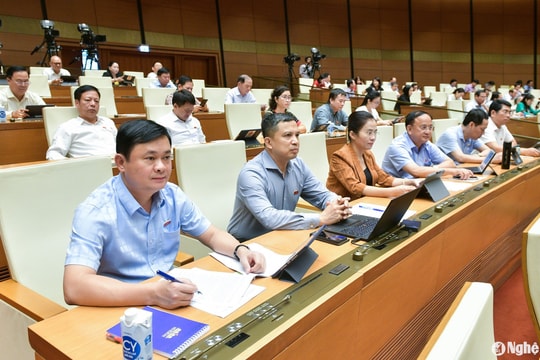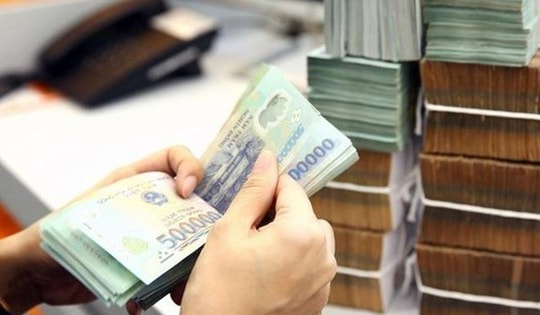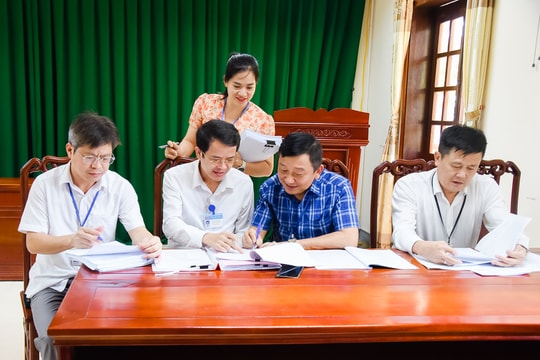Salary increase for officials and civil servants: Where to get the money?
The source of salary increase is to increase budget revenue based on economic growth, while at the same time implementing well the streamlining of staff.
On May 21, 2018, on behalf of the Party Central Committee, General Secretary Nguyen Phu Trong signed and issued Resolution No. 27-NQ/TW on reforming salary policies for cadres, civil servants, public employees, armed forces and employees in enterprises.
|
| The source of salary increase is to increase budget revenue based on economic growth, while at the same time implementing well the streamlining of staff. |
Resolution No. 27-NQ/TW assessed that our country has undergone four salary policy reforms in 1960, 1985, 1993 and 2003. However, the salary policy still has many limitations and shortcomings.
The salary policy in the public sector is still complicated, the salary system design is not suitable for job positions, titles and leadership positions; it is still too egalitarian, does not ensure life, does not promote talent, and does not create motivation to improve the quality and efficiency of workers.
Accordingly, the Resolution sets a target: By 2025, the lowest salary of cadres, civil servants and public employees will be higher than the average lowest salary of regions in the business sector.
By 2030, the lowest salary of cadres, civil servants and public employees will be equal to or higher than the lowest salary of the highest region of the business sector.
Recently, talking to reporters about the issue of wages, Mr. Bui Sy Loi - Vice Chairman of the National Assembly's Committee on Social Affairs pointed out the current contradiction in paying wages to workers in the public and private sectors.
According to Mr. Bui Sy Loi: “We cannot let the current unreasonable situation continue. The salary of the public sector is being paid at the basic salary level of 1,300,000 VND/month. Meanwhile, the private sector (with labor relations) is being calculated at the regional minimum wage of 2,700,000 - 3,700,000 VND/month.”
The Vice Chairman of the Social Affairs Committee said that this shortcoming is one of the reasons for the reduction of working motivation and long-term human resource attraction in the public sector. Meanwhile, the public sector has a role in building and forming policies for the whole system.
According to Mr. Loi's explanation, "the lowest level of public sector salary must be equal to the minimum wage of region 1, then gradually reach the average of the 4 salary regions. In particular, by 2030, the above lowest level must be higher than the average of the 4 salary regions of the private sector."
This is to achieve the goal of attracting talented people to the public sector, limiting the "brain drain".
The most difficult problem now is resources for salary reform, Mr. Bui Sy Loi said, the 7th Central Conference (Term XII) proposed 7 solutions to create resources.
The first and most fundamental solution is to increase budget revenue based on economic growth. To do so, the Central Government must allocate at least 4% for salary reform and localities must allocate 7%.
“To have sustainable resources for salary reform, we need to do well in innovating public service reform and reforming the administrative apparatus, streamlining staff... All public service units need to switch to implementing output contracts” - Mr. Bui Sy Loi said./.

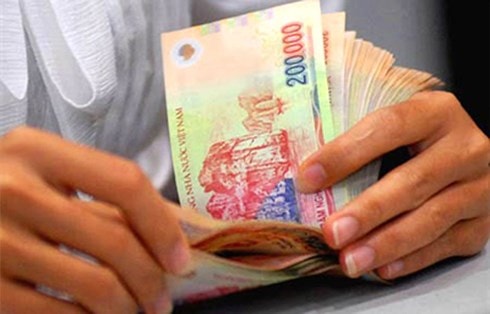
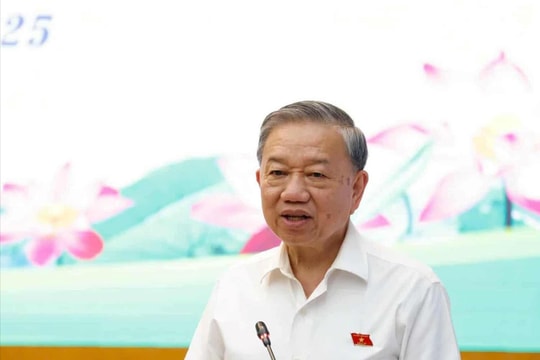
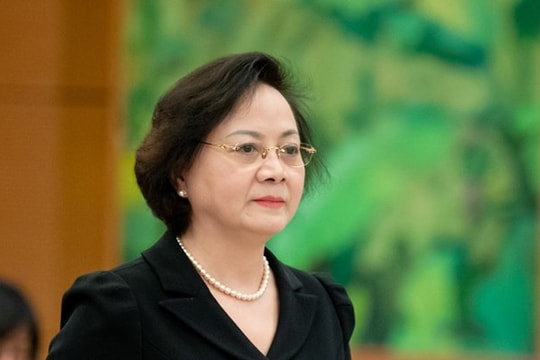
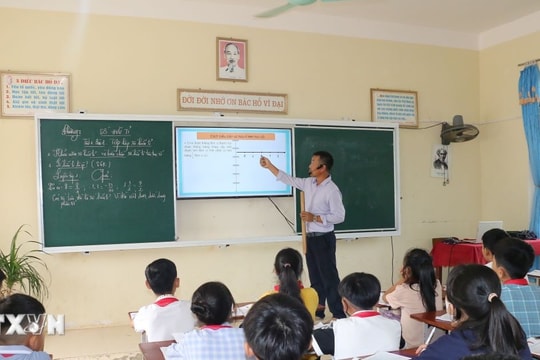
.jpg)
